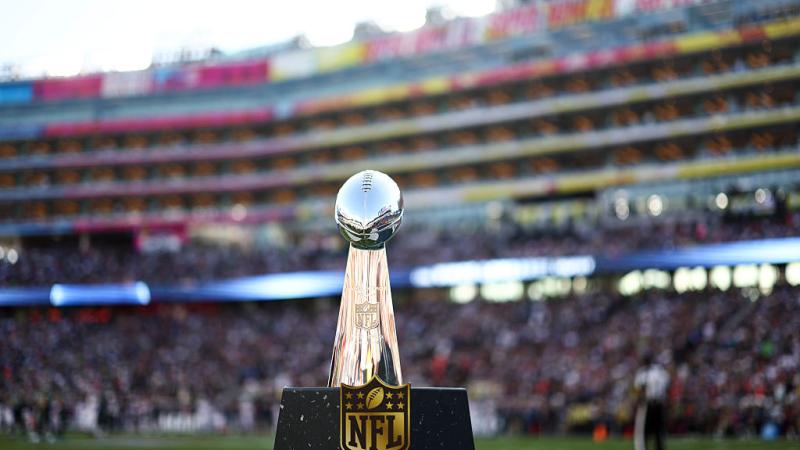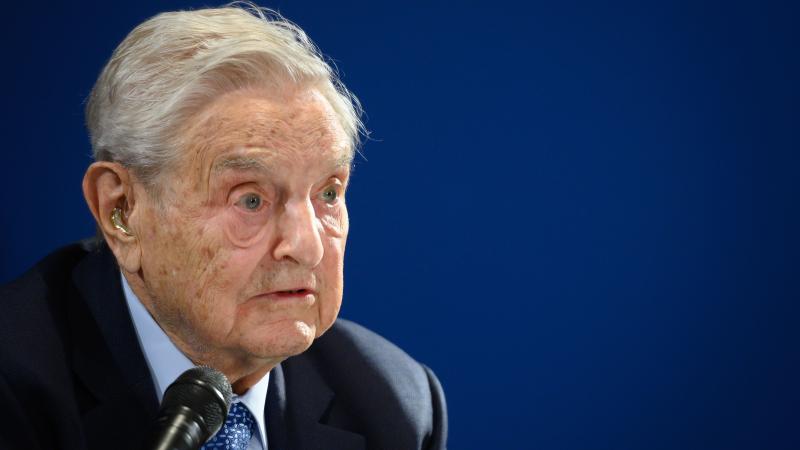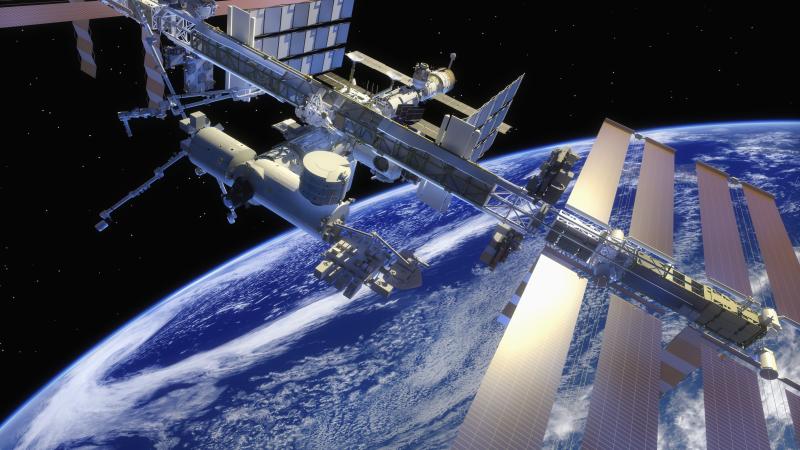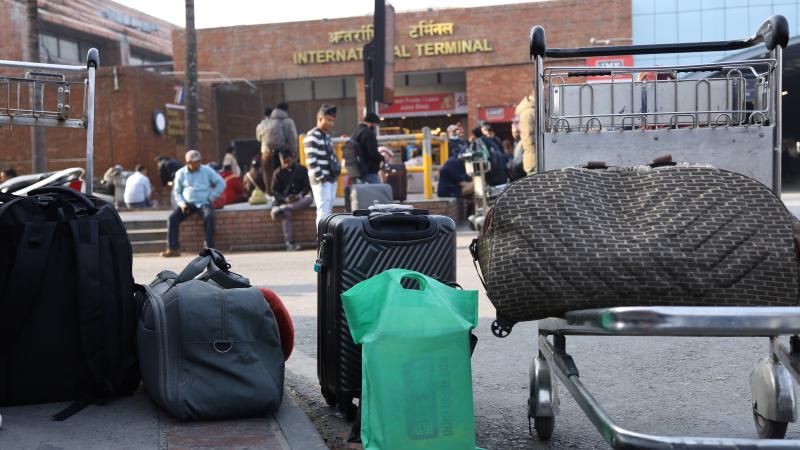Public broadcast of Ramadan call to prayer in Minneapolis prompts debate among war veterans
Veterans offer differing views on what it means to those who deployed to Islamic countries.
A Minneapolis mosque has begun broadcasting the Muslim call to prayer during Ramadan, marking the first such occurrence in a major American city, and prompting responses from American service members who first heard the prayers in a wartime setting.
The Dar Al-Hijrah Mosque is broadcasting the prayers five times a day in the city’s Cedar-Riverside neighborhood, where a large concentration of Muslims live.
Minneapolis Mayor Jacob Frey said he approved a noise permit and the broadcasts as a way to foster community solidarity during the coronavirus pandemic.
“At a time when physical distancing requires we pray apart, it’s incumbent on leaders to create a sense of togetherness where we can,” Frey said in a recent news release. “Adhan [the call to prayer] provides solidarity and comfort, both of which are essential during a time of crisis.”
Though commonplace in countries throughout the Muslim world, Adhan rarely is heard in the United States. Two smaller communities — Dearborn, Mich., and Paterson, N.J. — have allowed mosques to broadcast the calls, but Frey’s order marks the first such instance in a major American city.
During the month of Ramadan, observant Muslims who live in secular nations sometimes use web tools to determine when to recite the prayers, which are time-specific and based on location. Within the Islamic world, calls to prayer are transmitted openly from a minaret.
In recent years, the calls have been heard by American service members who deployed in wartime to Muslim nations. For some of them, the news from Minneapolis prompted heated charges that the mayor's order was insensitive, and that the calls to prayer could trigger a post-traumatic response.
“Not thinking of us Vets that had to put up with that for months,” one man wrote on the mayor’s Facebook page. “Now we have to listen to this in our own back yard. Better hope the VA opens the doors for walk in treatment.”
Another post reads: “Many of us who were deployed to Iraq and Afghanistan still have PTSD because of this garbage.”
But the mayor’s order also could be taken as an expression of American idealism, one Army veteran told Just the News.
“Can the call to prayer be triggering to veterans who will be reminded of their combat experiences? For some, absolutely,” said Chad Longell, who served combat tours in Iraq and Afghanistan. “But we have to also ask ourselves if that is the threshold for its acceptance.”
Longell compared the Ramadan broadcasts to Fourth of July celebrations, in which the sounds of fireworks can trigger PTSD but are not banned.
“To question the celebration of our independence gets as much to the heart of the soul of our nation as anything else,” Longell also said. “The same is true in this case. Veterans fight and sacrifice for an ideal, an ideal built on the acknowledgment of the power and necessity of individual non-violent expression in a free and open society. To deny that is to deny the very foundation upon which this great republic was founded, no matter how different it may seem to us individually."
The prayers are airing outside the mosque five times daily, commencing at sunrise and ending just after sunset.
“All over the world Muslims understand and feel great comfort in the public call to prayer,” Imam Sharif Mohamed of the Dar Al-Hijrah Mosque said in a statement. “In this time of fear and isolation, the Muslim communities of Minnesota benefit from a city that honors and loves all of its diversity.”
The broadcasts will continue through May 23, which marks the end of Ramadan.
















